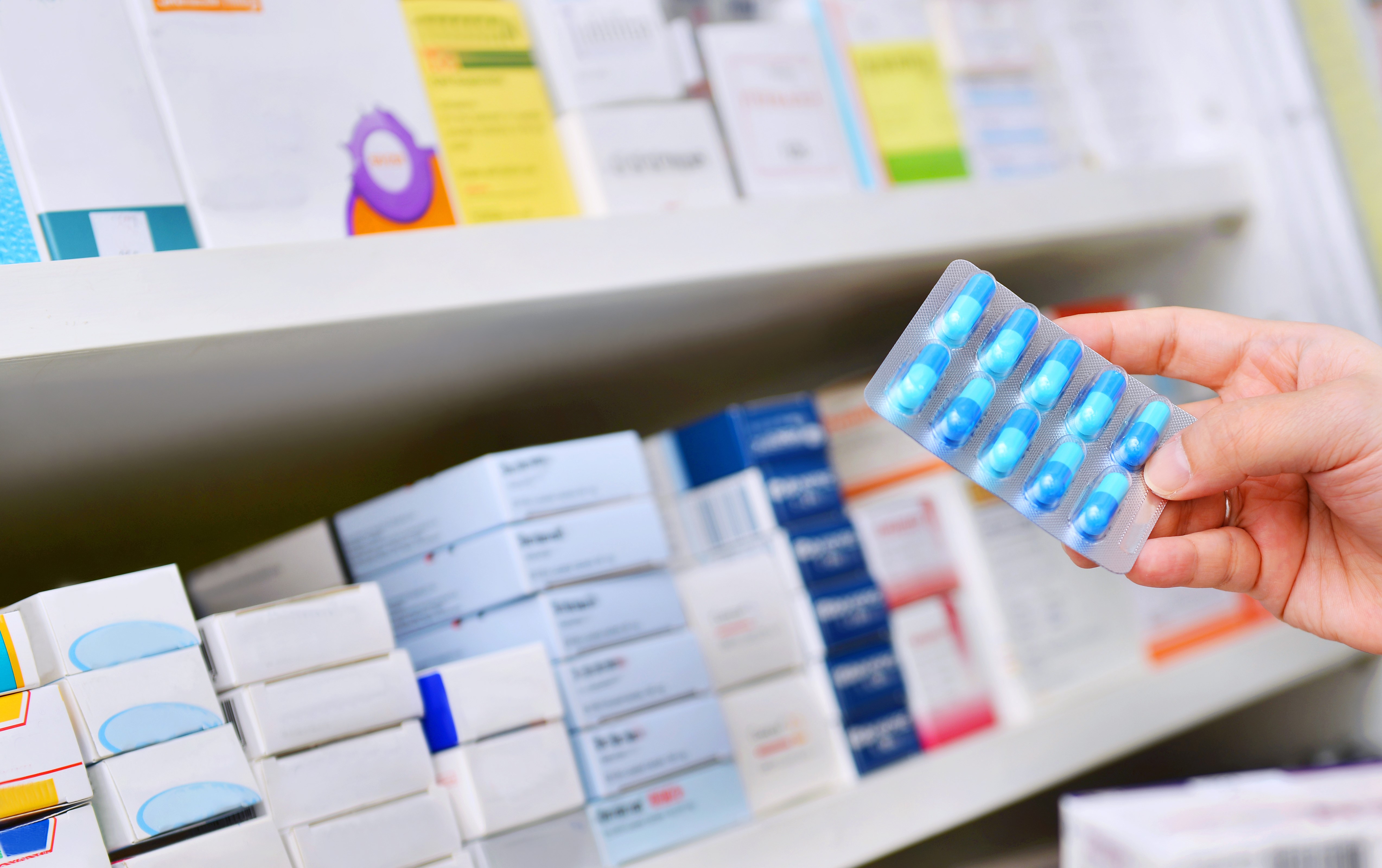Tackling the rise of ‘superbugs’ with effective hand hygiene

In light of the recently published AMR strategy, ‘Tackling AMR 2019-2024, the UK’s five-year national plan’, SC Johnson Professional™ believes that there needs to be more focus on promoting the importance of hand hygiene as the first step in preventing AMR.
The current threat of AMR
AMR is now seen as one of the most serious global threats to human health in the 21st century, with Britain already seeing a rise of antibiotic resistant illnesses, which currently kill around 5,000 people a year in the UK.
The misuse of antibiotics is putting healthcare environments at risk. Without effective antibiotics, surgery, emergency operations and chemotherapy will be less safe and even minor infections could prove fatal.
Therefore, it is important that we reduce the risk of bacteria developing resistance in several ways including; only using antibiotics when they are needed the most and preventing infection in the first instance.
The Government’s vision to tackle AMR
The new AMR strategy (published 24th January 2019) outlines the Government’s vision to tackle AMR by 2040 and the key actions that Trusts and healthcare facilities need to take.
Some of the objectives brought to light by the Government include; cutting the number of drug-resistant infections by 10 per cent by 2025; reducing the use of antibiotics in humans by 15 per cent and preventing at least 15,000 patients from contracting infections as a result of their healthcare each year by 2024.
The strategy highlights that “the plan is to make sure current antibiotics stay effective by reducing the number of resistant infections.”
If the healthcare industry is to tackle AMR, there needs to be a clear focus on promoting infection prevention and more specifically, the role of hand hygiene.
Tackling AMR – the fundamental role of hand hygiene
Practising hand hygiene is not a simple one-time activity that can be ticked off at the start of the day for compliance-sake, it is critical to effective infection prevention and for reducing the incidence of healthcare-associated infections (HCAIs).
50 to 70 per cent of HCAIs are transmitted by hands, adding an extra burden to nursing staff, and in turn, increasing the risk of AMR through over-use of antibiotics for something that the patient wasn’t initially being treated for.
It is important that we promote regular and effective hand hygiene, using the principles set out in the WHO multimodal hand hygiene strategy, implemented according to the WHO 5-Moments of Hand Hygiene. This strategy is the single most effective way to help prevent the spread of infection and considers all factors that impact and influence hand hygiene.
The WHO multimodal strategy gives a useful framework and the benefits of using hand hygiene product protocols to wash, sanitise and care for hands, are well known, but more needs to be done to improve hand hygiene compliance through accurate monitoring and data recording.
Using technology to drive hand hygiene compliance
Direct observation has for many years been the principal way in which hand hygiene has been measured. However, acording to some studies, this method inflates compliance rates by up to 300 per cent. This contributes to a climate of complacency amongst healthcare managers and workers that hand hygiene compliance is better than reality.
Despite advances in direct observation, HCAIs still pose a massive threat to patients, staff and visitors. It is no longer enough to treat the infection, we must prevent the spread before it becomes a problem.
The way to achieve this is by changing hand hygiene culture – through rigorous monitoring and effective feedback which can be achieved through electronic monitoring.
In supporting the WHO multimodal strategy for hand hygiene, electronic group monitoring systems have been shown to increase WHO 5-Moment hand hygiene compliance rates by a quarter, whilst decreasing hospital onset MRSA by 42 per cent.
These systems can provide hospital leaders with reliable, quantified data that tracks overall performance, providing regular feedback and clearly indicating where further effort is required to improve compliance.
We need to take every opportunity to prevent infection and the need to use antibiotics, and the opportunity starts with hand hygiene; we cannot underestimate the role it plays in tackling this global healthcare crisis.
For more information, please visit https://www.debgroup.com/uk/acute-care
